Ala Younis (Amman)
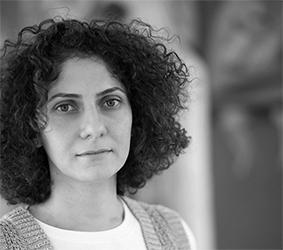
Ala Younis is a research-based artist. Collaboration forms a big part of her practice, as do curating and joint book projects. Using objects, film and printed matter, Younis often seeks instances where historical and political events collapse into personal ones. She holds a BSc. in Architecture from University of Jordan and MRes in Visual Cultures from Goldsmiths, University of London. She is a recipient of the Bellagio Creative Arts Fellowship, as well as two art prizes from Cairo Youth Salon (2005) and Jordanian Artists Association (2005). She is co-founder of the publishing initiative Kayfa ta, on the advisory board of Berlinale’s Forum Expanded, and member of the Academy of Arts of the World (Cologne).
Alexander Brust (Basel)

Alexander Brust is curator for The Americas at the Museum der Kulturen Basel. His work focuses on Museology, Education and Material and Visual Culture in Southern Mexico and Central Brazil. Since 1991 he has assisted indigenous communities in Latin America in the preservation of cultural heritage and expressions of local memories.
Bärbel Küster (Zurich)
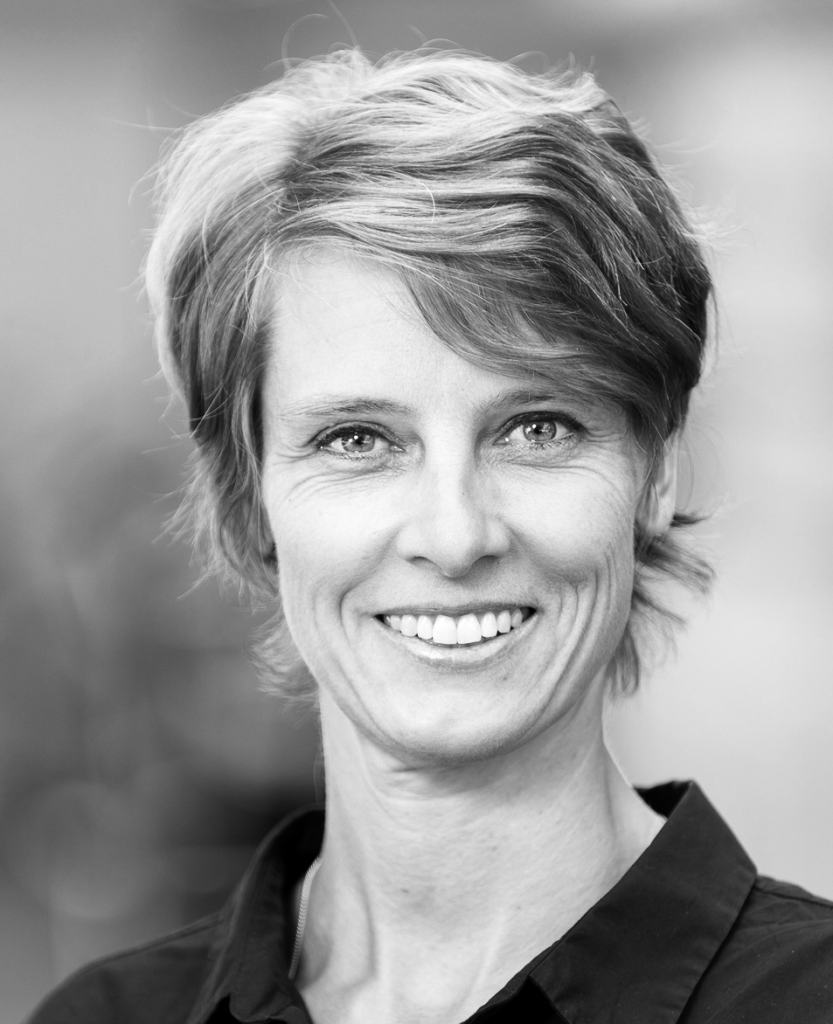
Bärbel Küster studied art history, philosophy, and education in Kiel, Hamburg, Berlin, and Frankfurt am Main. After receiving her doctorate in 2000, she was a research assistant at the Institute for Art History at the University of Stuttgart from 2001 to 2009. From 2007 to 2009 she held a postdoctoral fellowship at the Centre allemand d’histoire de l’art Paris. In 2009 she represented the professorship of contemporary art history, aesthetics, and art theory at the Kunstakademie Stuttgart. From 2010 to 2011 she represented a professorship at the Hochschule für Gestaltung Karlsruhe. From 2012 to 2014, she was a fellow in the Wrangell Excellence Program Baden-Württemberg. From 2014 to July 2017, she represented Professorship of Modern Art History, Institute of Art History and Historical Urban Studies at the TU Berlin. After her habilitation in 2015 at Goethe University, she has held the chair of Modern and Contemporary Art at the Art History Institute of the University of Zurich since August 2017.
Her research focuses on the theory and history of the museum, collection and exhibition history, transcultural art history, modern art, primitivism, reception of non-European art, copy and original art in public spaces and photography, and contemporary art in African countries.
Felicia Meynersen (Berlin|Amman)

Felicia Meynersen studied Archaeology, Byzantine Studies and Prehistory at the Universities of Mainz and Berlin. An archaeologist by training, she holds a PhD from the University of Mainz. Felicia was assistant professor at the University of Saarbrucken (2006–2012), worked as a research fellow in the “Syrian Heritage Archive Project” (SHAP) at the German Archaeological Institute (2013–2015, DAI Berlin) and in the Special Research Program in the Humanities “Cultural and Linguistic Contacts” (University of Mainz); she coordinated the multinational EU-project “Preservation of Cultural Heritage Training Program” at the Orient Department of the German Archaeological Institute (2003–2005) and was scientific coordinator of the first joint project of the Archaeological Heritage Network “Zero Hour – A Future for the Time after the Crisis” (German Archaeological Institute Berlin, 2016–2018).
Her research and teaching focuses are phenomena of contact and change in the MENA region, the history of emotions, animal images as well as critical heritage and museum studies.
George Arbid (Beirut)
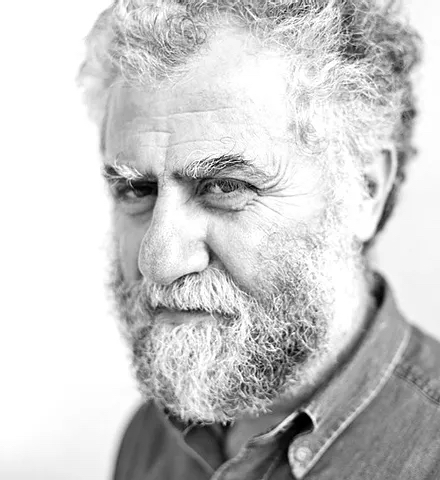
George Arbid is an architech and a founding member and director of the Arab Center for Architecture in Beirut. He holds a Diplôme d’Etudes Supérieures en Architecture from ALBA and a Doctor of Design degree from Harvard University. He taught design studios and courses in the history and theory of architecture at ALBA and AUB. Dr. Arbid has lectured widely about modern architecture in Lebanon and the Arab world. Among his publications are Urbanization and the Changing Character of the Arab City a Consultancy Report he edited on Amman, Beirut and Dubai, and the award-winning book Architecture from the Arab World, 1914–2014, a Selection, published at the occasion of the Venice Architecture Biennale in 2014 where he co-curated the Pavilion of Bahrain. George Arbid was elected Mayor of Maasser el Chouf in 2016.
Lisa Blackmore (Essex)

Lisa Blackmore is a Lecturer in Art History and Interdisciplinary Studies at the University of Essex. After obtaining her PhD in Latin American Cultural Studies from Birkbeck College in 2011, she taught at universities in Venezuela and the UK and was Postdoctoral Researcher on the project “Modernity and the Landscape in Latin America: Politics, Aesthetics, Ecology” at the University of Zurich from 2014–17. She is the author of Spectacular Modernity: Dictatorship, Space and Visuality in Venezuela 1948–1958 (2017), co-editor of Downward Spiral: El Helicoide’s Descent from Mall to Prison (2017) and Natura: Environmental Aesthetics After Landscape (2018), and co-director of Después de Trujillo (2016). Working at the intersections of practice and research, Lisa combines her current writing on the arts, ecology and memory with curatorial projects and audiovisual production.
Paul Lowe (London)
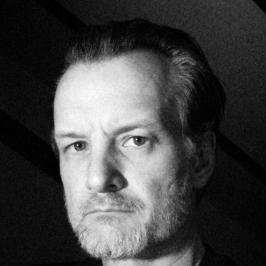
Paul Lowe is a Reader in Documentary Photography and the Course Leader of the Masters programme in Photojournalism and Documentary Photography at the London College of Communication, University of the Arts, London, UK. Lowe is an award-winning photographer, whose work is represented by Panos Pictures, and who has been published in Time, Newsweek, Life, The Sunday Times Magazine, The Observer and The Independent amongst others. He has covered breaking news the world over, including the fall of the Berlin Wall, Nelson Mandela’s release, famine in Africa, the conflict in the former Yugoslavia and the Siege of Sarajevo, and the destruction of Grozny. His research interest focuses on the photography of conflict, and he has contributed chapters to the books Picturing Atrocity: Photography in Crisis (Reaktion, 2012) and Photography and Conflict. His most recent books include Photography Masterclass published by Thames and Hudson, and Understanding Photojournalism, co-authored with Dr. Jenny Good, published by Bloomsbury Academic Press.
Sarah Vanagt (Brussels)
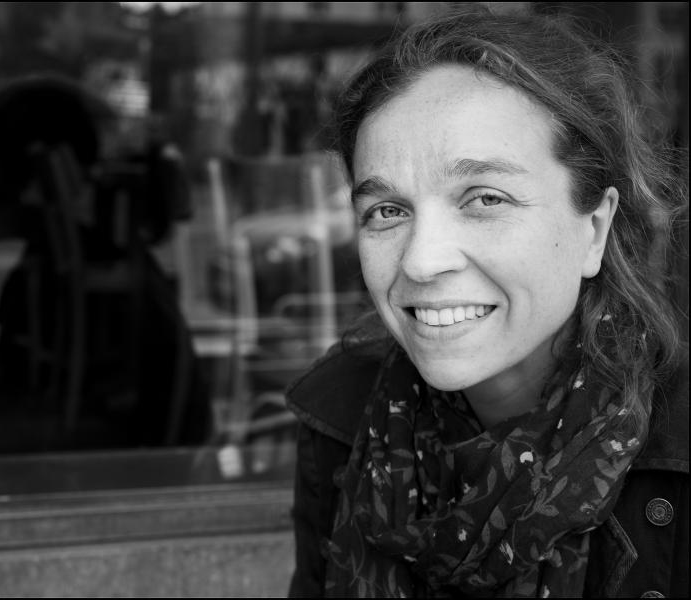
Sarah Vanagt studied History at the universities of Antwerp, Sussex and Groningen, and attended the National Film and Television School in Beaconsfield, UK. Her short film The Wave (2012), directed together with Katrien Vermeire, received an honourable mention at IBAFF International Film Festival. With her niece Katrien Vanagt, she directed In Waking Hours (2015), which won the Audience Award at IndieLisboa. Every Tear (2018) premiered at Visions du Réel, and Divinations (2019) premiered at DOClisboa. The way children deal with history and war plays an important role in her documentaries, photography and installations.
Stephenie Young (Salem, Mass.)
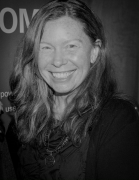
Stephenie Young is a professor at the English Department and research associate for the Salem State University Center for Holocaust and Genocide Studies, since 2008. She completed her M.A. and Ph.D. in Comparative Literature at the State University of New York, Binghamton and earned her B.A. in Art History from California State University, Long Beach. She has also studied the practice of photography, which she uses in many professional and personal projects. She is also engaged in other projects with artists and academic researchers. One of these is a multimedia project (photography and text) about traveling the contemporary borders of the Caucasus region from Sochi, Russia to the Caspian Sea. With Paul Lowe, she co-organizes the annual conference, Why Remember? Memory and Forgetting in Times of War and Its Aftermath, in Sarajevo, Bosnia and Herzegovina. In fall 2019 she travelled to Warsaw, Poland, as a Senior Research Fellow at the Jewish Historical Institute organizing an exhibition about the Ringelblum Archive of the Warsaw Ghetto as part of a larger study about contemporary border politics, evidence and memory.
Vladimir Miladinović (Belgrade)
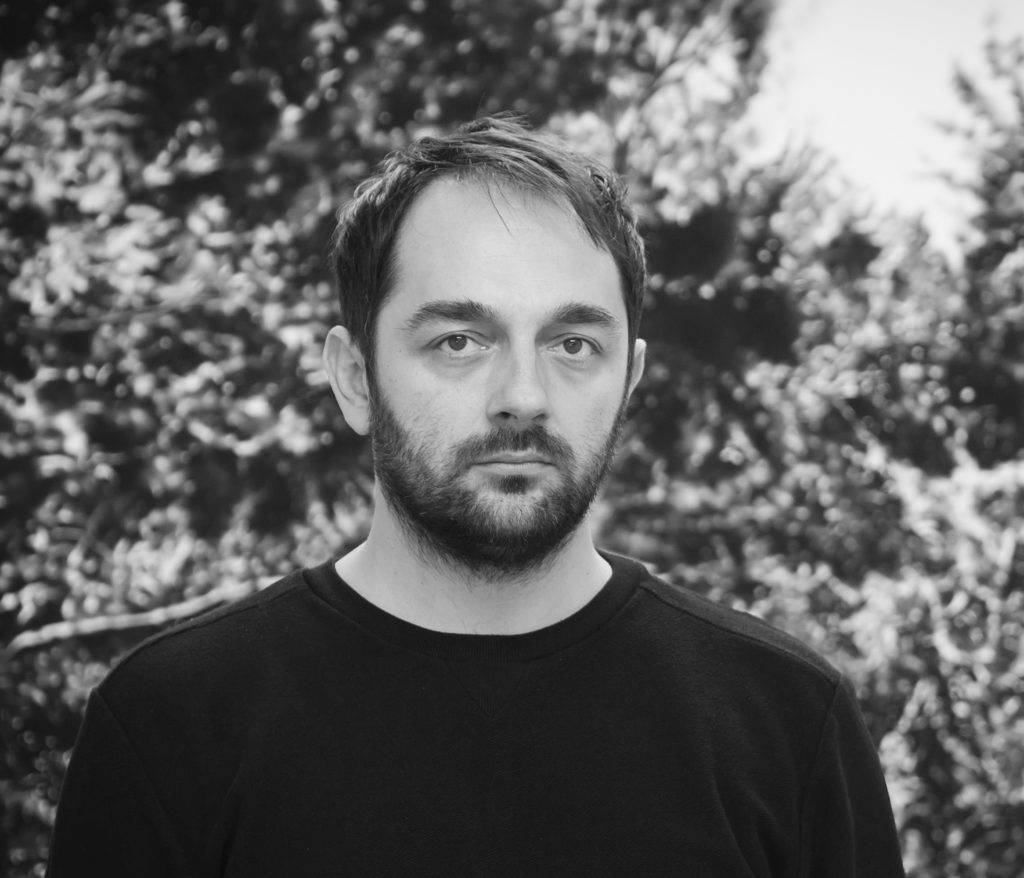
Vladimir Miladinović Graduated from the Faculty of Applied Arts in Belgrade and has completed doctoral level courses in the department of Art and Media Theory at the University of Arts, Belgrade. He is a member of the Working Group “Four Faces of Omarska” an art/theory group that questions memorial production strategies. Miladinović’s main interests lie with the politics of remembering, media manipulation and the creation and reinterpretation of history. His work engages with war and post-war trauma. It deals with media, forensics, political and ethical identification and the presentation of war crimes, but also with current transitional ideologies of denial and erasure. It questions how media and institutions in the post-war societies create public space, consequently shaping collective memory.
Organized by
Liliana Gómez (Zurich)
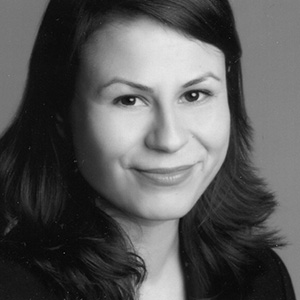
Liliana Gómez is SNSF-professor (Swiss National Science Foundation) at the Institute of Art History at the University of Zurich, where she directs the research project Contested Amnesia and Dissonant Narratives in the Global South. Post-Conflict in Literature, Art, and Emergent Archives. Recently she co-edited with Lisa Blackmore Liquid Ecologies in Latin American and Caribbean Art (Routledge, 2020). She is the author of Lo urbano. Teorías culturales y políticas de la ciudad en América Latina (Pittsburgh, IILI, 2014) and A Camera in the Laboratory of the Modern (diaphanes, forthcoming). Her research fields are comparative literatures and cultures, literary, cultural and media theory, global art history, visual cultures and human rights, arts/literature and law, arts and ecologies.
Elena Rosauro (Zurich)
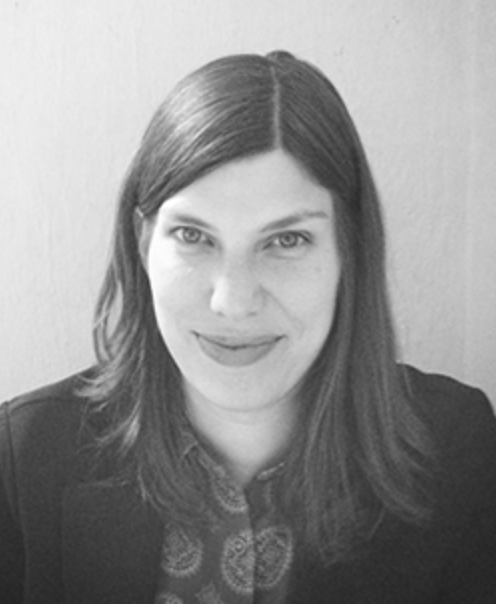
Elena Rosauro is art historian, Latin Americanist, researcher and curator. She is the coordinator of the Latin American Center of the University of Zurich, and a postdoctoral researcher. Her PhD dissertation History and Violence in Latin America. Artistic Strategies, 1992–2012 was published by Cendeac (Murcia, Spain) in 2017. She is also co-curator at the independent art space la_cápsula in Zurich. Her work both in researching and curating tries to offer some partial and situated comments about violence, injustice and destruction.
Maria Ordóñez-Cruz (Zurich)
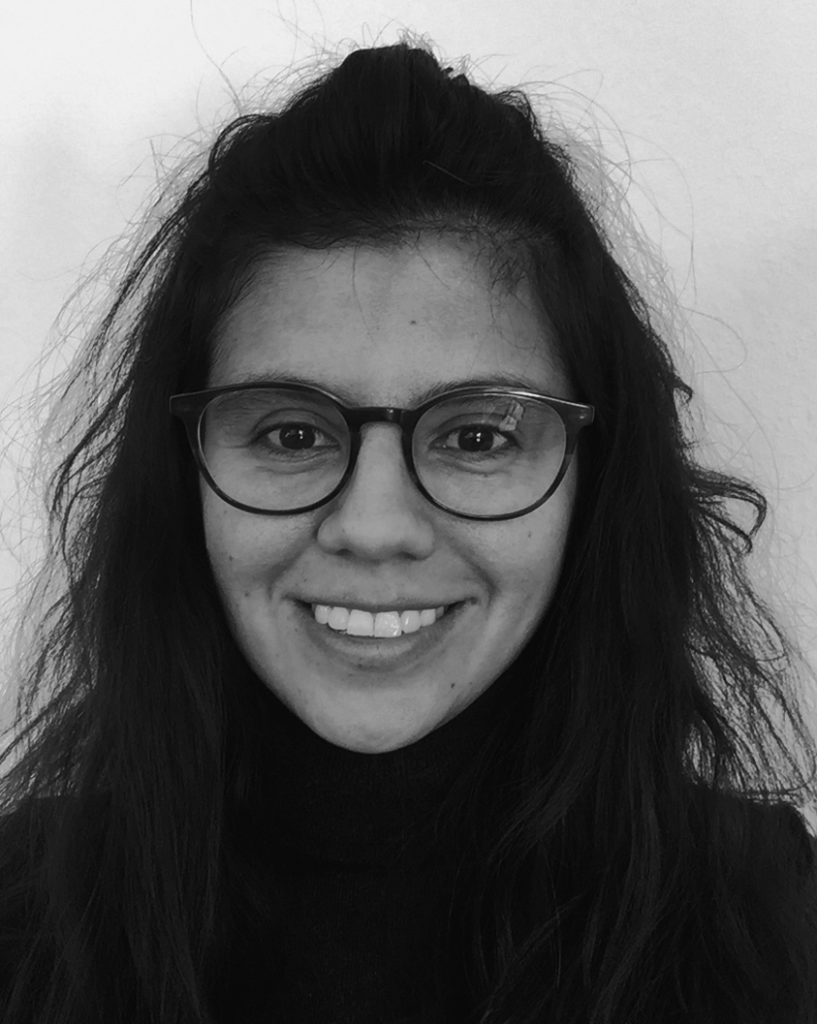
Maria Ordóñez has developed her artistic practice focused on collectivity as a way of ethical engagement and shared knowledge, mostly in working with people affected by violence in Colombia, where she comes from. Currently, she is doing her doctoral project about alternative ecologies and creative forms of recomposition related to forced disappearance and the transitional context in Colombia (1958–2016), as part of the team «Contested Amnesia and Dissonant Narratives in the Global South: Post-conflict in Literature, Art, and Emergent Archives» directed by Prof. Liliana Gomez, in the Department of Cultural Analysis at the University of Zurich.